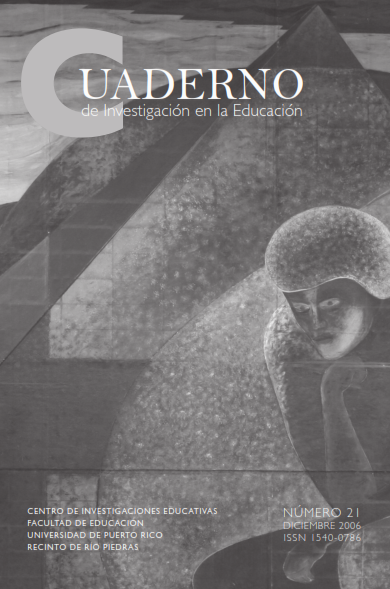Abstract
Despite decades of post-colonial research and debate, our undergraduate English curriculums remain anglocentric partly due to a disconnection between research and teaching. Following Christian (1995), Docker (1995) and Mukherjee‘s (1995) suggestion to bring the products of our research into the classroom, especially theorizing through narrative, this paper illustrates how to do this using Erna Brodber‘s novel, Myal. This novel questions notions of individual autonomy by showing how identity and knowledge are constructed, and how recognition and interrogation of the social forces and sources involved in this construction foster creativity and agency. The discussion of Myal in the classroom is one example of how to initiate students in the examination of their own identities, ideological beliefs and assumptions. Theorizing through narrative will teach students to quarrel with their texts, not simply to consume them. Furthermore, it suggests a more prominent role for teaching in the post-colonial endeavor.
How to cite:
Haiman, A. (2006). Erna Brodber‘s Myal: Theorizing through narrative. Cuaderno de Investigación en la Educación, 21, 13-34. Retrieved from https://revistas.upr.edu/index.php/educacion/article/view/13233
The contents published in the Puerto Rico Journal of Education is freely distributed under open access practices, in accordance with the Creative Commons license, Attribution-NonCommercial 4.0 International (CC BY-NC 4.0). Through these principles, the journal and its authors allow readers to access, reproduce and share articles in full text. Users should give credit to authors in a reasonable way without suggesting they have their support. Under no circumstances, readers may make use of the contents for commercial purposes. The authors retain copyright on their works.

